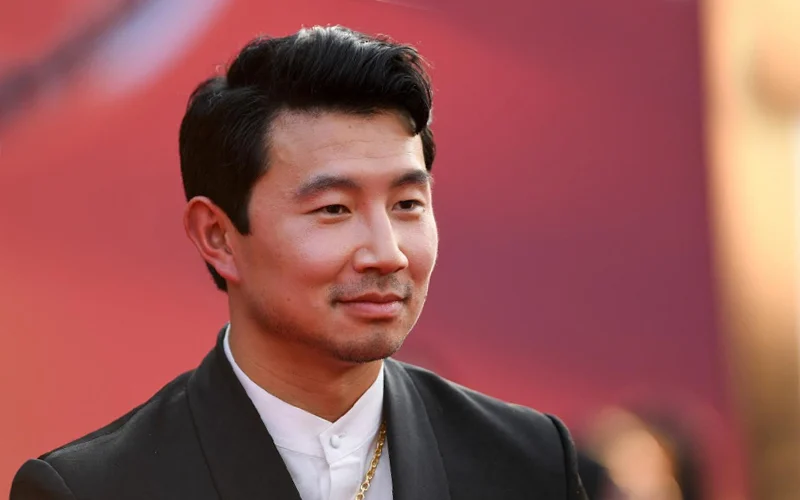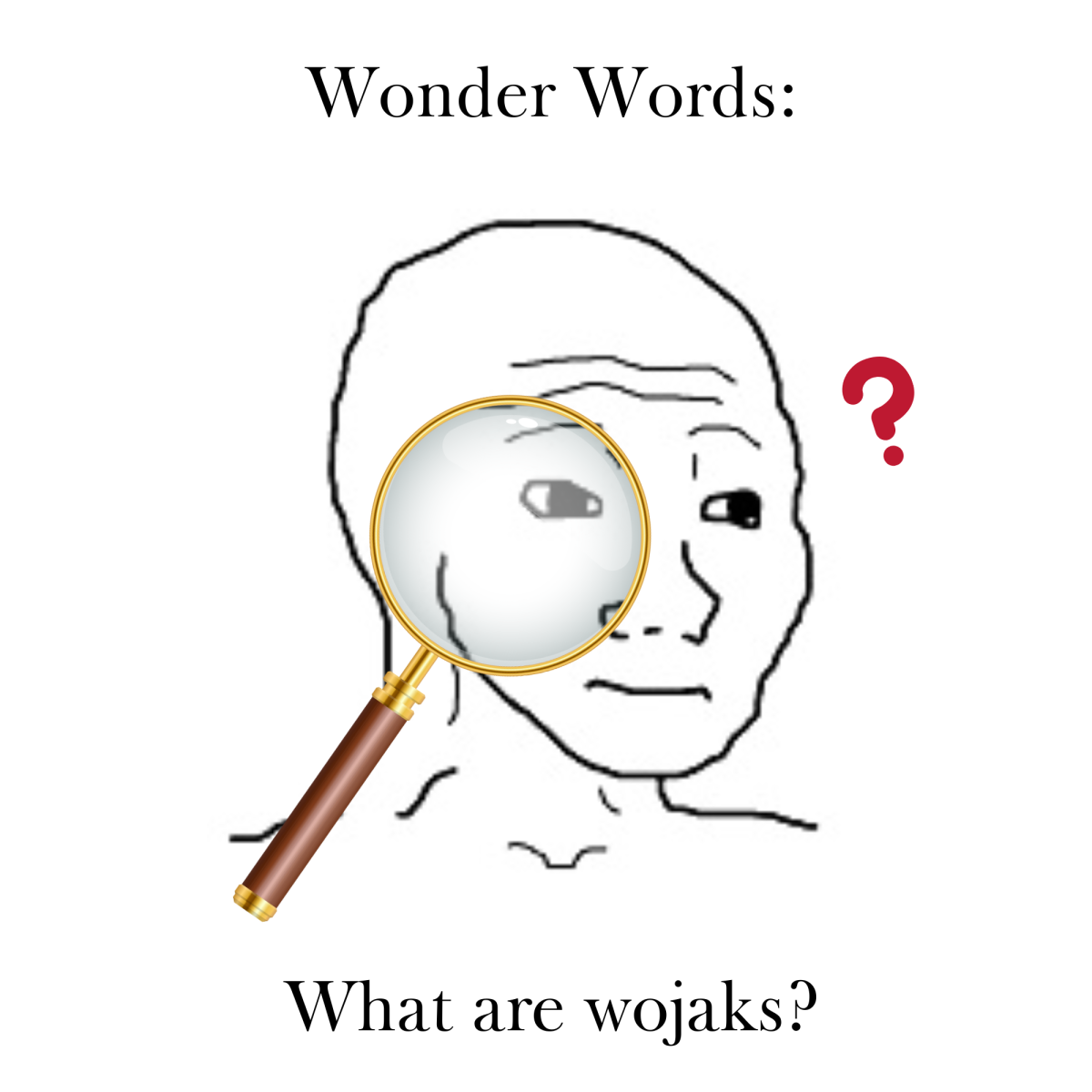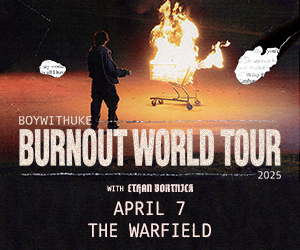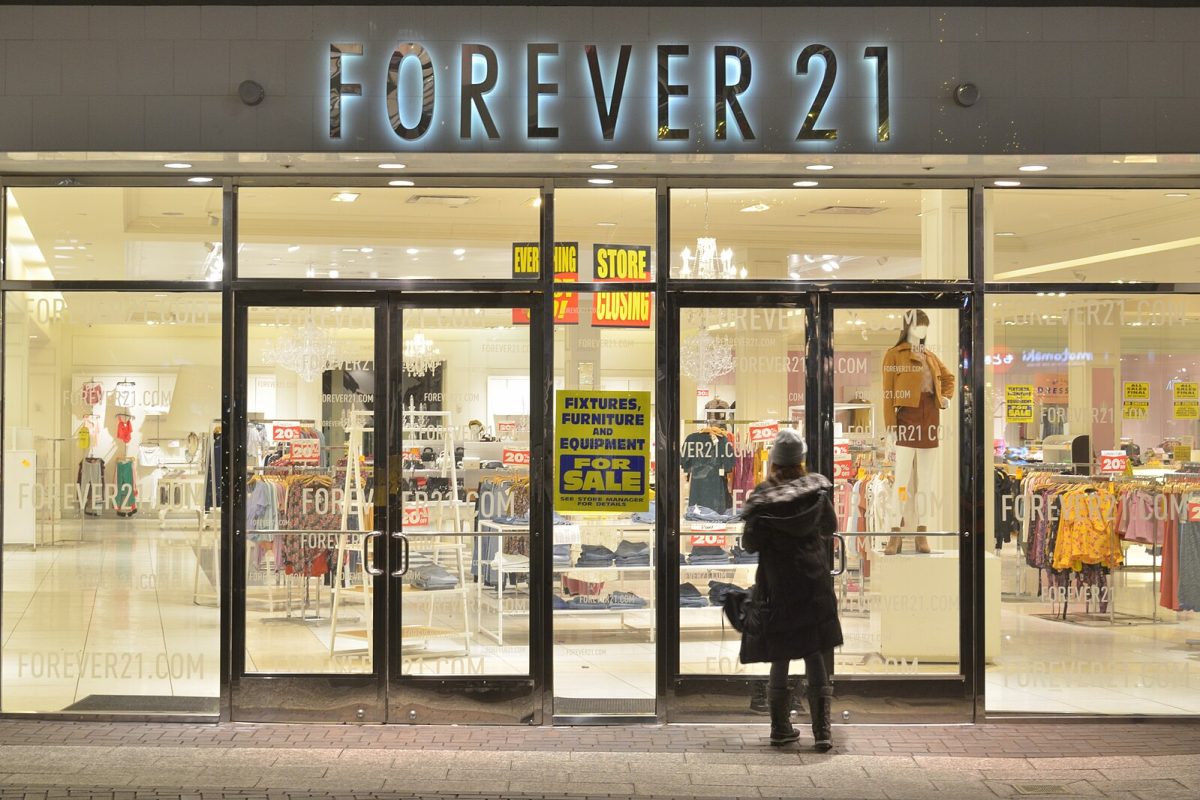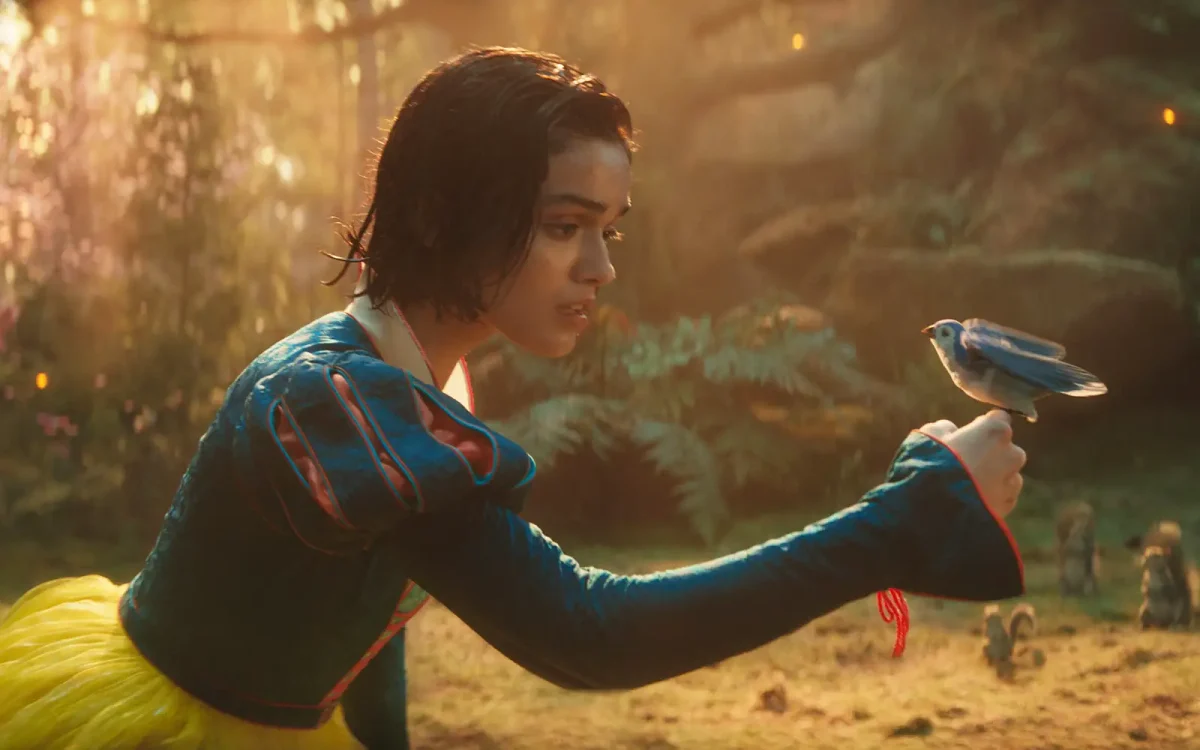Simu Liu calls out Bobba, a Canadian take on Taiwanese bubble tea, in an episode of Dragons’ Den, the Canadian version of Shark Tank. The special guest star raises concerns over the credibility of this new and renowned version of traditional boba tea.
During the pitch, Bobba founders Sébastien Fiset and Jess Frenette claimed that boba tea is a “trendy, sugary drink” and that consumers are “never quite sure about its content.” Heated by this comment, Liu interrupted, “Hang on. I am quite sure about its content—but continue.” One panelist disagreed with Liu’s critical remark, expressing how there can be new interpretations and how not everything needs to adhere to traditional practices. Even so, Liu withdrew: “I want to be a part of bringing boba to the masses, but not like this. So for that reason, I’m out.” Eventually, Bobba secured a deal with panelist Manjit Minhas for their initial request of $1 million in exchange for 18% of the company.
This episode sparked controversy, leading many to question what exactly cultural appropriation looks like in this generation. Wilcox sophomore Briana Chang states: “The issue isn’t that they aren’t Asian… It’s that they’re making it seem like Taiwanese boba is bad and dirty while making their version seem clean and healthy.” In other words, this company is stripping a product of its ethnic origins by deliberately portraying its culture in a negative light to maximize profitability. When Liu stated that there are issues with “taking something that’s very distinctly Asian in its identity and ‘making it better,’” he refers to the racist stereotype of how Asian cuisines are often misjudged as dirty and untrustworthy. Wilcox junior Molly Tseng, also Taiwanese American, expressed her concerns: “It’s not right to ruin a culture’s authenticity to make a business profit,” she states. Others took to social media to express similar sentiments. User @bri_xu on TikTok adamantly states, “I am quite sure bubble tea milk contents are bubble, milk, and tea.” Another user pointed out a contradiction, writing, “The company completely contradicted itself by saying it’s not an ‘ethnic’ drink anymore but then bragged about partnering with a Taiwanese supplier.”
Some critical comments crossed the line, causing Liu to intervene with a clear message: “It is NEVER EVER okay to harass or threaten people over the internet or in person.” In a TikTok video, he emphasized the importance of having open conversations and constructive critiques, but never threats. Following the backlash, Bobba’s founders issued a statement apologizing and vowing to take steps to reassess and refine their marketing strategies moving forward. Additionally, investor Minhas withdrew her investment in Bobba after “reflection, due diligence, and listening to opinions.”
Mainstream brands like Starbucks and Dunkin’ successfully incorporated boba into their menus, crediting the origins of their inspiration. In contrast, Bobba’s website claims to offer the “first ready-to-drink bubble tea made from an infusion of real tea and unique fruit juice pearls.”
Despite the controversy, Bobba has already reached the shelves of big retail stores such as Costco and generated substantial revenue before the airing of the Dragons’ Den episode.

